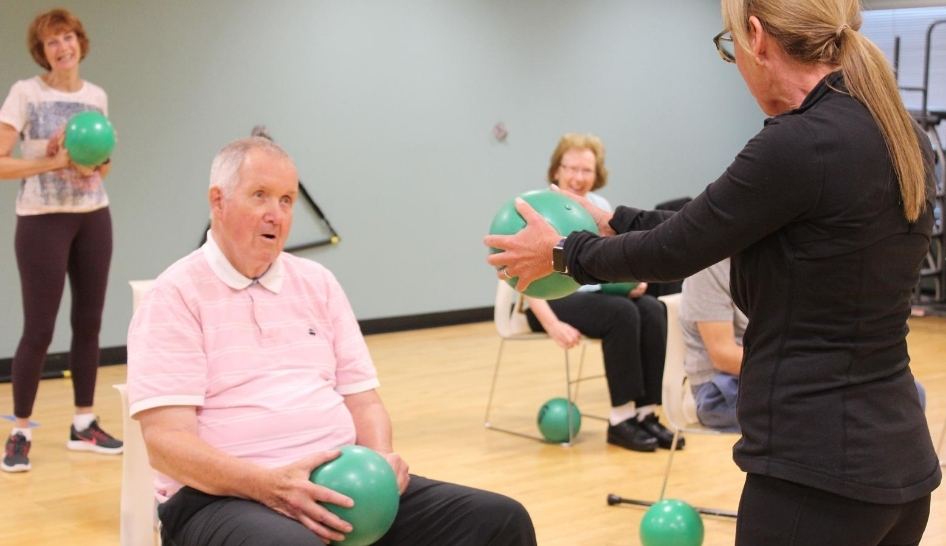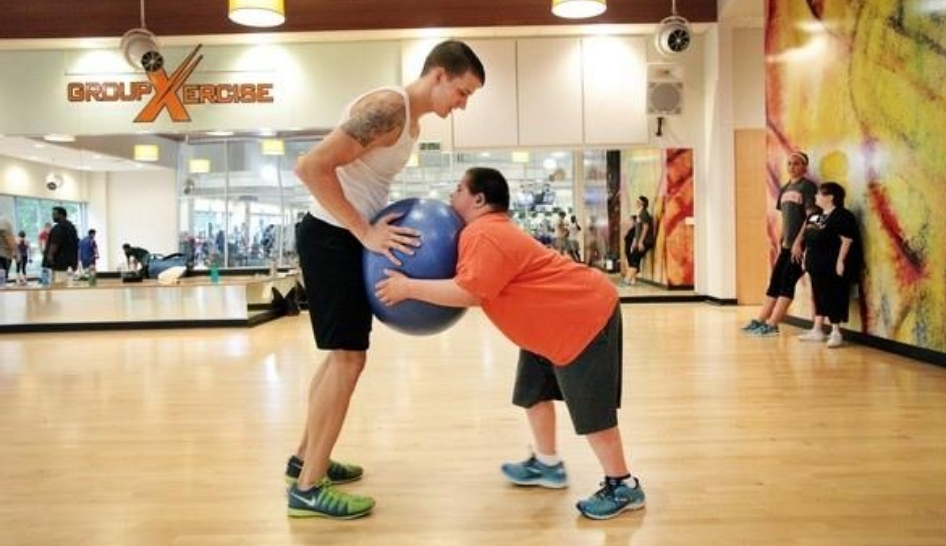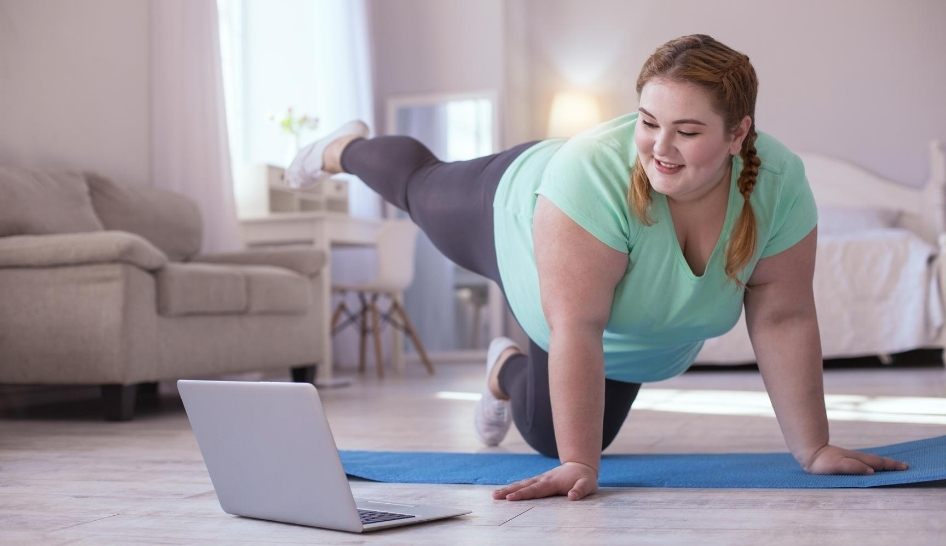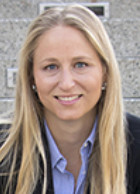Active Wellness, which operates both corporate sites and community fitness centers in Northern California, also runs p.r.e.p. at many of their community center locations. In addition to p.r.e.p., Active Wellness has several condition-specific programs, including:
- cancer wellness,
- cardiac rehabilitation,
- Boxing for Parkinson’s,
- diabetes and weight management,
- fall prevention, and
- stress management.
Healthtrax, a health club chain in the northeast operating 16 locations, ran a series of programs prior to COVID-19, including:
- Healthy Steps, a diabetes management and long-term weight loss program integrating registered dietitians and exercise physiologists,
- a bariatric surgery support group at one center,
- Phase 1 and Phase 2 Cardiac Rehab administered by a hospital partner,
- allied health services including nutritional counseling and physical therapy, and
- p.r.e.p.
Adapting Programs to the Pandemic
Many clubs have taken their services virtual amid widespread club closures, including health programming. Active Wellness, for example, moved all of their programs to virtual offerings, including group classes, personal training, health coaching, and educational workshops. According to Michele Wong, Active Wellness’ vice president of operations, they “have implemented new safety procedures adapted for each location in collaboration with our healthcare partners.”
The Atlantic Club is working on taking their nutritional counseling services online as well as looking at what types of virtual content and services they can develop for the deconditioned or at-risk populations that may not want to come back to the physical club initially. The plan is to launch these services 45-60 days after reopening (as of the writing of this article, New Jersey clubs are still closed).
While GHF has reopened, they were not able to resume their program. Fit for ALL relies on student volunteers from the university—which is closed—to operate. Another challenge is that many of the group homes and local organizations bringing athletes to the program were under a strict stay-at-home order. As of this article’s publish date, GHF plans to resume their program in September, with some partner organizations lifting their restrictions.
They have been working on adapting the program to provide athletes with options for working out at home with their caretakers. According to Noah Hastay, GHF operations manager, these “include both video and written instructions in which the exercises can be regressed and progressed based on each athlete’s individual ability levels. The videos will be done in house with exercises the athletes are familiar with from the class but adapted with at-home equipment.”
Overcoming COVID-19 Related Challenges With Flexibility, Virtual Options
Clubs anticipate challenges around physician confidence and staff bandwidth.



